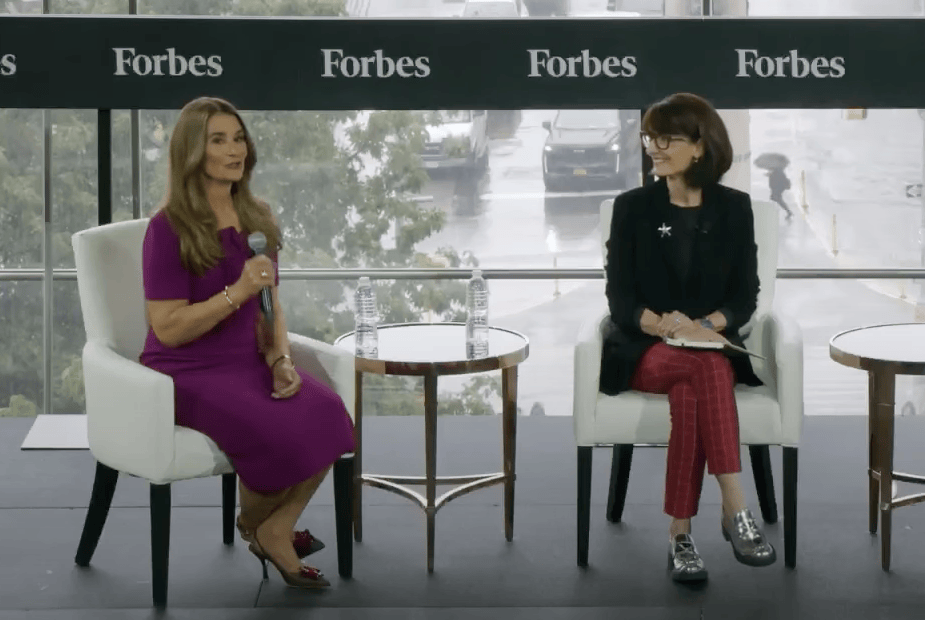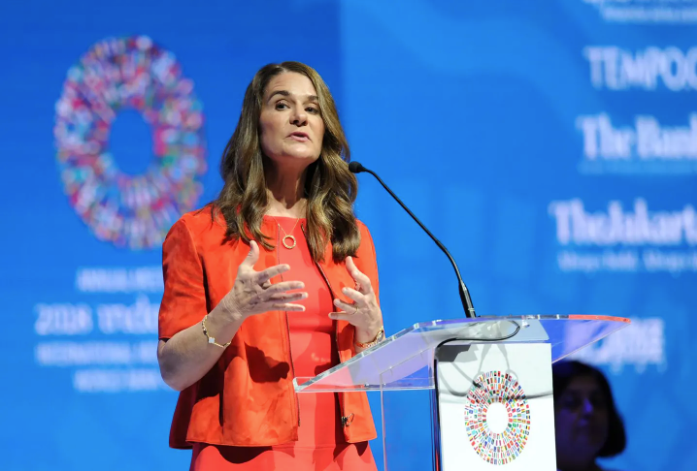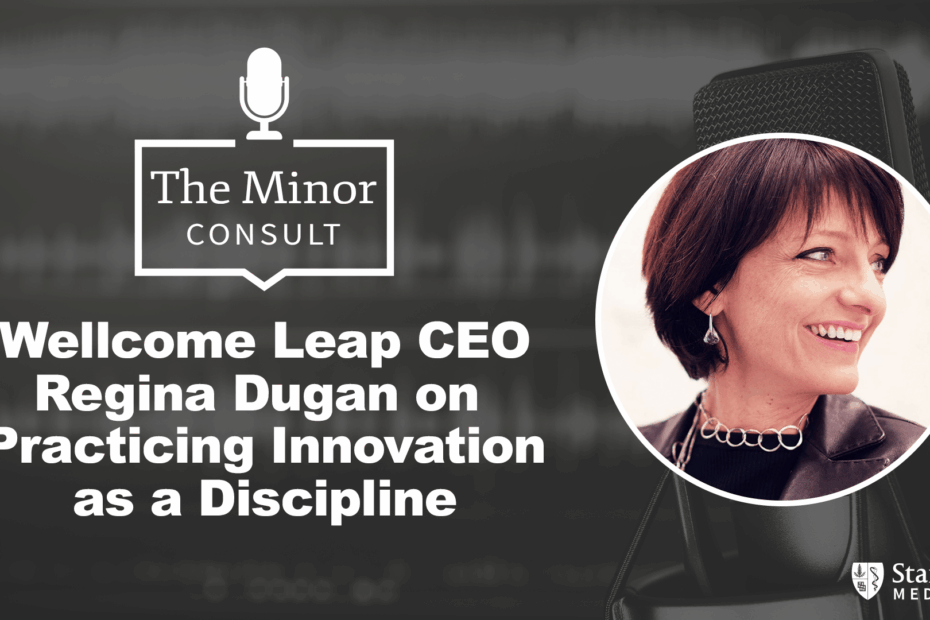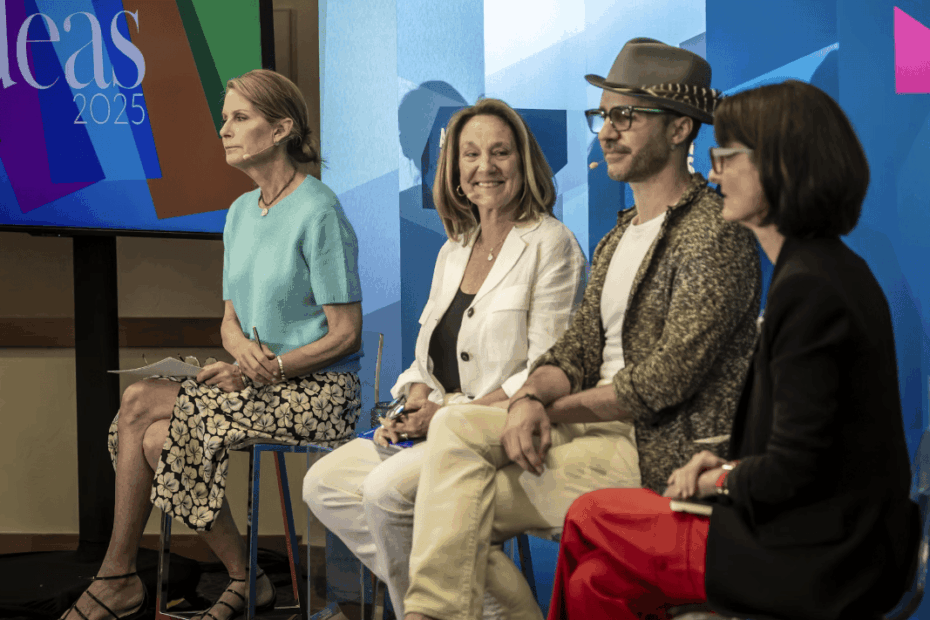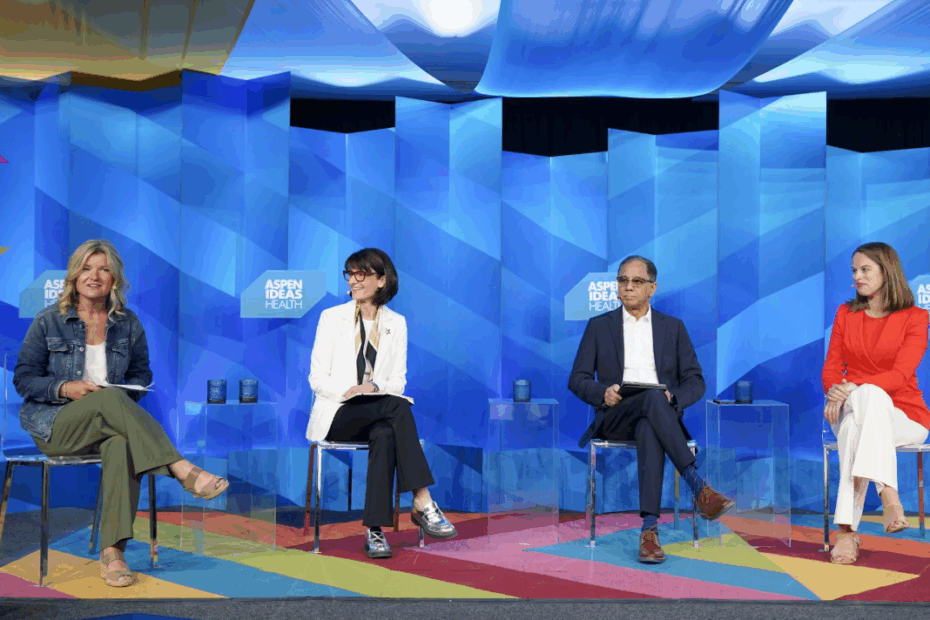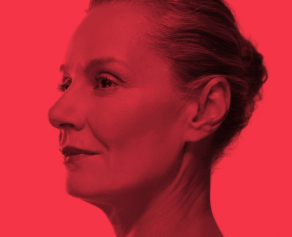
Wellcome Leap and Medicines360 Announce Partnership to Accelerate Development and Access to New Lifesaving Pregnancy and Stillbirth Risk-Reduction Tools for Women Worldwide
Collaboration will transform biomarkers into precision insights across gestation – so every pregnancy has the best chance of a healthy outcome.
Jan 12, 2026
Share this work
SAN FRANCISCO, Jan. 12, 2026 – Wellcome Leap, a U.S. non-profit accelerating breakthroughs in human health, and Medicines360, a women’s health innovation organization, today announced a collaboration to accelerate breakthrough advances in maternal health technologies designed to improve outcomes for mothers and babies around the world. The partnership includes new blood biomarker-based tests and non-invasive retinal imaging technologies that are designed to accurately predict risk for common pregnancy complications associated with roughly half of all stillbirths.
Globally, more than two million pregnancies end in stillbirth every year.1 In the U.S., more than one in 150 births end in stillbirth – a burden disproportionately affecting families in low-income areas.2
“Before you finish this paragraph, another baby will be stillborn. Every 16 seconds, a mother, a family, grieves this loss. Women deserve clearer insights of their pregnancy health,” said Regina E. Dugan, CEO of Wellcome Leap. “By combining Wellcome Leap’s scientific breakthroughs with Medicines360’s global innovation and access model, we can deliver predictive tools to mothers around the world – before complications arise. Before it’s too late.”
This partnership will accelerate the scientific advances discovered in Wellcome Leap’s In Utero program – a $50 million initiative launched in 2022 to create scalable methods to measure, model, and predict gestational development in utero. The technologies developed during the program are critical for early stillbirth risk detection and include:
- The University of Cambridge’s discovery of new blood-based biomarkers of fetal growth restriction, gestational diabetes mellitus, and preeclampsia.
- The University of Edinburgh’s advances in retinal eye imaging technology, which is intended to detect vascular-related conditions like preeclampsia.
With Medicines360’s focus on building access into every phase of the innovation process, this partnership will seek to speed translation of these scientific discoveries into life-saving technologies and ensure broad, equitable availability for women globally. This is especially critical for women in rural and under-resourced communities, who face the greatest barriers to timely maternal care. Typically, the development process takes decades – this partnership aims to achieve commercialization in years so women can have the care they deserve as soon as possible.
“This initiative is designed to reshape the future of maternal care,” said Dr. Andrea Olariu, CEO of Medicines360. “Every pregnancy deserves precise, individualized risk assessment to inform life-saving interventions. Partnering with Wellcome Leap allows us to translate groundbreaking science into commercial products for use in clinical practice, and at a record pace. Together, we can change the trajectory of pregnancy outcomes for women worldwide, while prioritizing access from day one.”
An October 2025 JAMA study3, one of the most comprehensive analyses of stillbirth burden in the U.S. to date, found that 30% of stillbirths occur in pregnancies with no currently identifiable risk factors. To meet this urgent need, Wellcome Leap and Medicines360 are seeking additional funders to scale these critical technologies to mothers everywhere.
About Wellcome Leap
Wellcome Leap is a billion-dollar breakthrough engine for human health – at global scale. Founded by the Wellcome Trust in 2020 as a U.S. nonprofit, Wellcome Leap builds and executes bold, unconventional programs with the urgency required to deliver breakthroughs in years, not decades. Operating at the intersection of life sciences and engineering, Leap programs require best-in-class, multi-disciplinary, global teams assembled from universities, companies, and nonprofits working together to solve problems that they cannot solve alone. For more information, read how Wellcome Leap is Changing the Business of Breakthroughs and visit www.wellcomeleap.org.
About Medicines360
- https://www.who.int/health-topics/stillbirth#tab=tab_1 accessed Sept. 15, 2025
- https://hsph.harvard.edu/news/stillbirths-in-the-u-s-higher-than-previously-reported-often-occur-with-no-clinical-risk-factors/
- Sullivan HK, Sinaiko AD, Fox K, Armstrong JC, Clapp MA, Cohen JL. Stillbirths in the United States. JAMA. 2025;334(22):2033–2035. doi:10.1001/jama.2025.17392
Share this work
